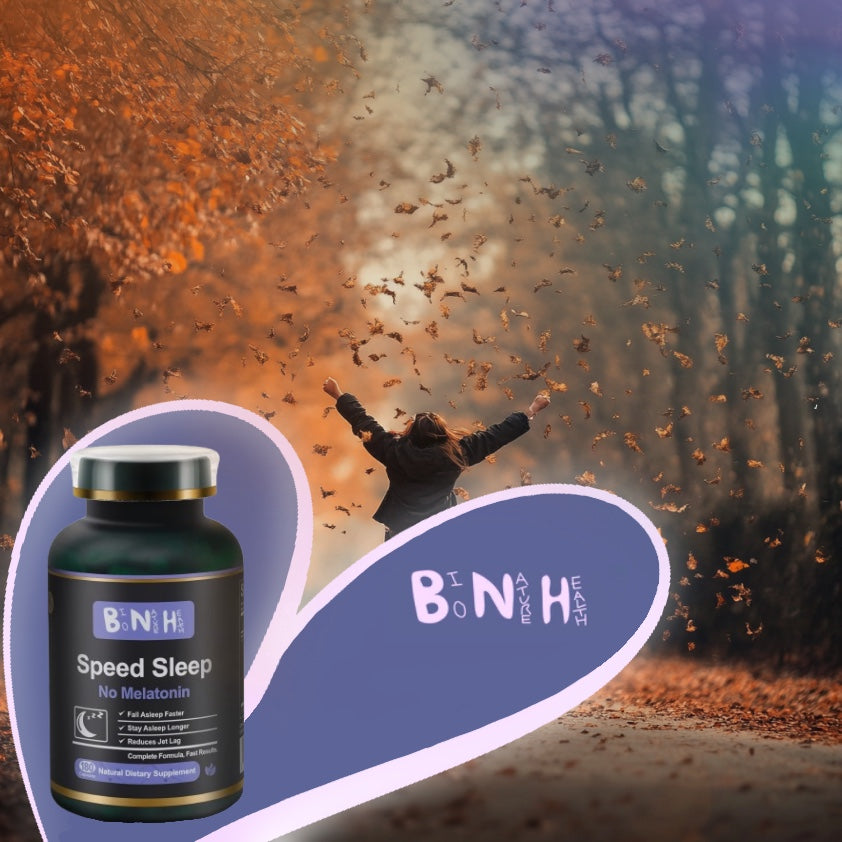Many of us find ourselves scrolling through videos on our smartphones before bed, a habit that may impact our sleep quality, potentially affecting focus and overall well-being. The blue light emitted from smartphone screens has been shown to reduce melatonin production, the hormone that helps regulate the sleep-wake cycle. Normally, melatonin levels rise in the evening to signal the body to wind down, but exposure to blue light may disrupt this cycle, potentially delaying the onset of sleep.
Much of the content we consume is designed to engage and excite, keeping our brains in a state of alertness. Stimulating videos may make it difficult to transition from an active mental state to the relaxed one needed for sleep. Consuming large amounts of information before bed can also contribute to cognitive overload, making it harder to wind down as our minds remain overly active.
Frequent smartphone use before bed may interfere with relaxing pre-sleep routines, like reading or meditating, which signal to the body that it’s time to sleep. The constant light and movement from screens can keep the nervous system active, which may make it more difficult to achieve the deep, restorative sleep the body requires. Furthermore, using smartphones in bed often involves uncomfortable postures that could lead to physical discomfort, potentially impacting sleep quality.
Video streaming can also distort our sense of time, causing us to stay up later than intended, which may reduce overall sleep time. Long-term device use before bed could create a habit, making it harder to fall asleep without the device, establishing a cycle that may be difficult to break.
To support better sleep, experts recommend limiting electronic device use at least an hour before bed and creating a quiet, dark environment that fosters relaxation. Activities such as reading, meditating, or listening to soft music can help prepare the body and mind for sleep. However, for some, these practices alone may not be sufficient.
Speed Sleep is a natural blend of ingredients formulated to support relaxation and may help with the body’s natural melatonin production. The product includes compounds that are intended to promote calmness and could offer a natural option for those seeking improved sleep quality in our tech-centric lives. As with any supplement, individual results may vary, and it is important to consult with a healthcare professional before starting any new supplement regimen.





